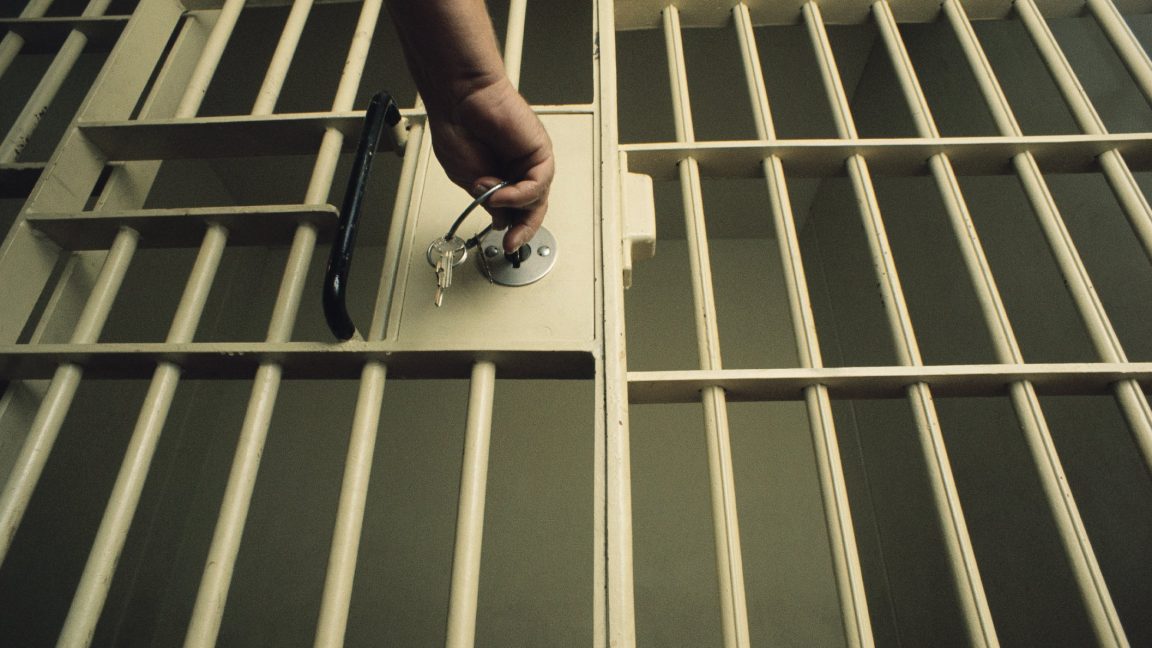
Available over the Tor network, Hydra was a bazaar that brokered not just drugs but also fake documents, cryptocurrency laundering services, and other illicit goods and services. Nine months after Hydra was taken down, authorities came for Bitzlato, a cryptocurrency exchange that laundered “a substantial portion of the cryptocurrency that Hydra received.” In all, authorities said, Bitzlato processed roughly $4.58 billion worth of cryptocurrency transactions. Anatoly Legkodymov, a then 40-year-old Russian national residing in China, was arrested by US authorities in the 2023 takedown.
The other defendants sentenced alongside Moiseyev were identified as Alexander Chirkov, Andrei Trunov, Evgeny Andreyev, Ivan Koryakin, Vadim Krasninsky, Georgy Georgobiani, Artur Kolesnikov, Nikolay Bilyk, Alexander Khramov, Kirill Gusev, Anton Gaikin, Alexey Gukalin, Mikhail Dombrovsky, Alexander Aminov, and Sergey Chekh.
The sentencing follows the reported arrest on Friday by Russian authorities of Mikhail Matveyev, according to RIA Novosti. Matveyev has been linked to ransomware groups including Babuk, Conti, DarkSide, Hive, and LockBit. US authorities say he is wanted for ransomware attacks on thousands of entities worldwide, including hospitals, airlines, and government organizations. He faces charges for the creation or distribution of software intended to hack information systems.
In May 2023, the US Treasury Department announced sanctions against Matveyev. At the same time, the US Department of State offered a bounty of up to $10 million for information leading to his arrest.
The stiff sentence of Moiseyev and the arrest of Matveyev are something of a rarity in Russia, which has long looked the other way when learning of Russian nationals pursuing cybercrime, as long as people inside the country and allied nations aren’t targeted.



















+ There are no comments
Add yours